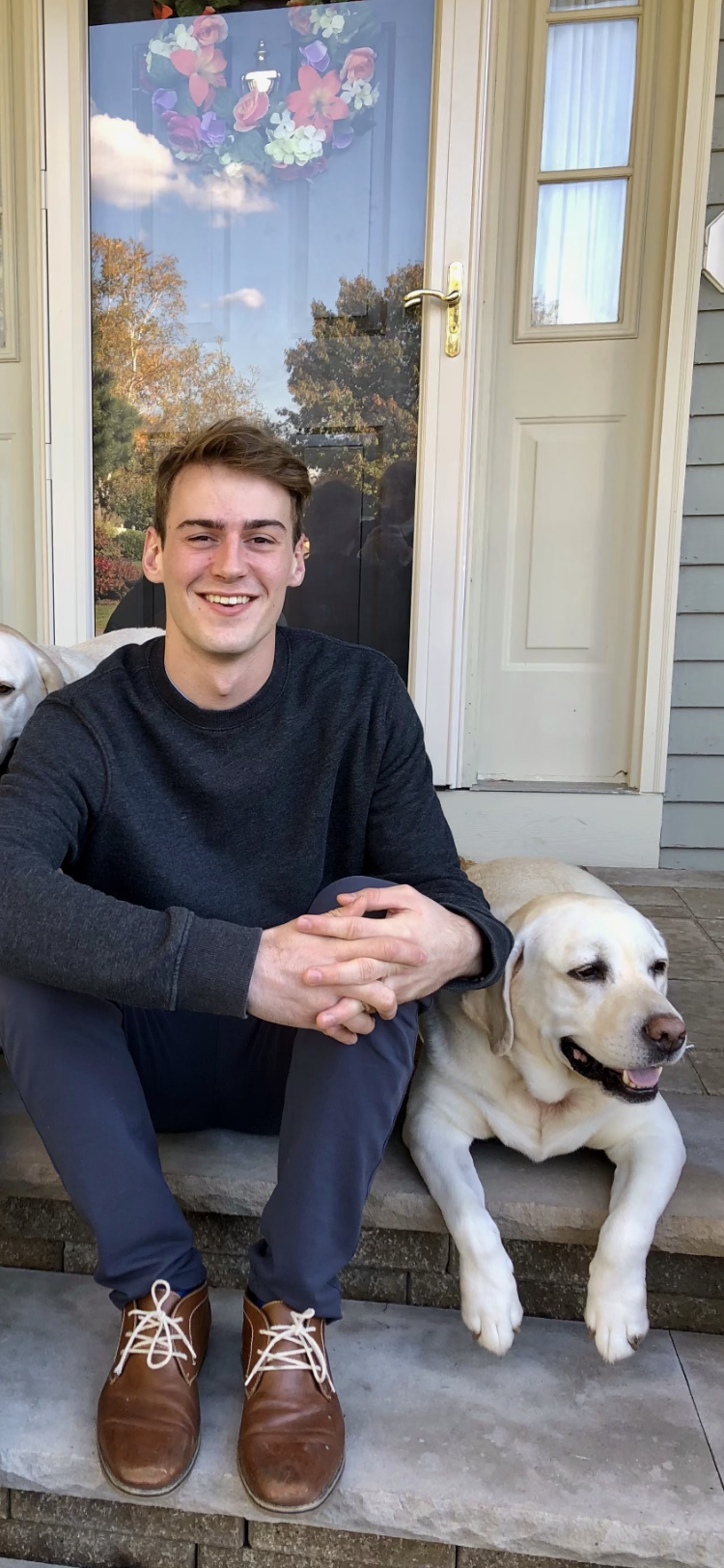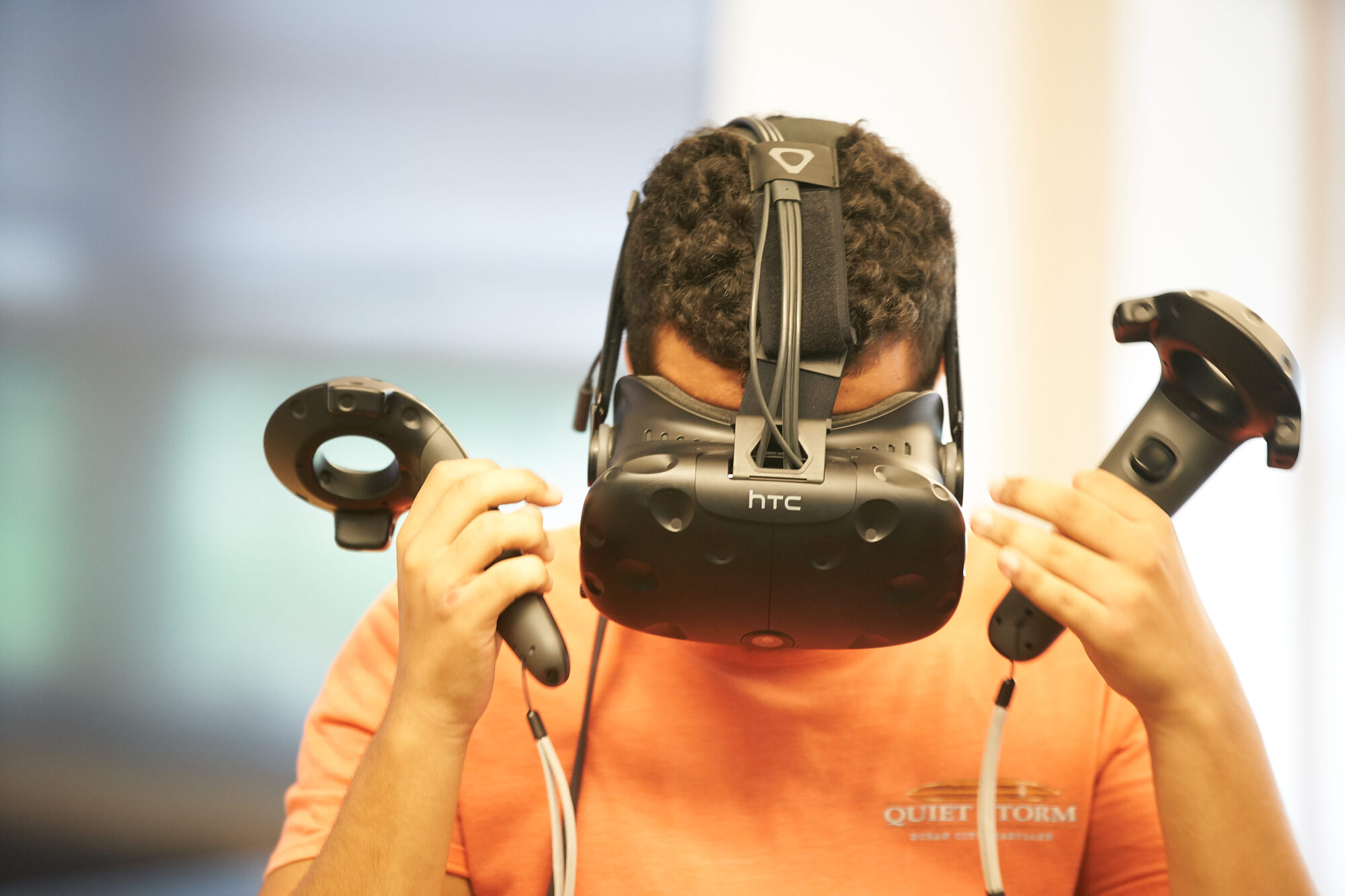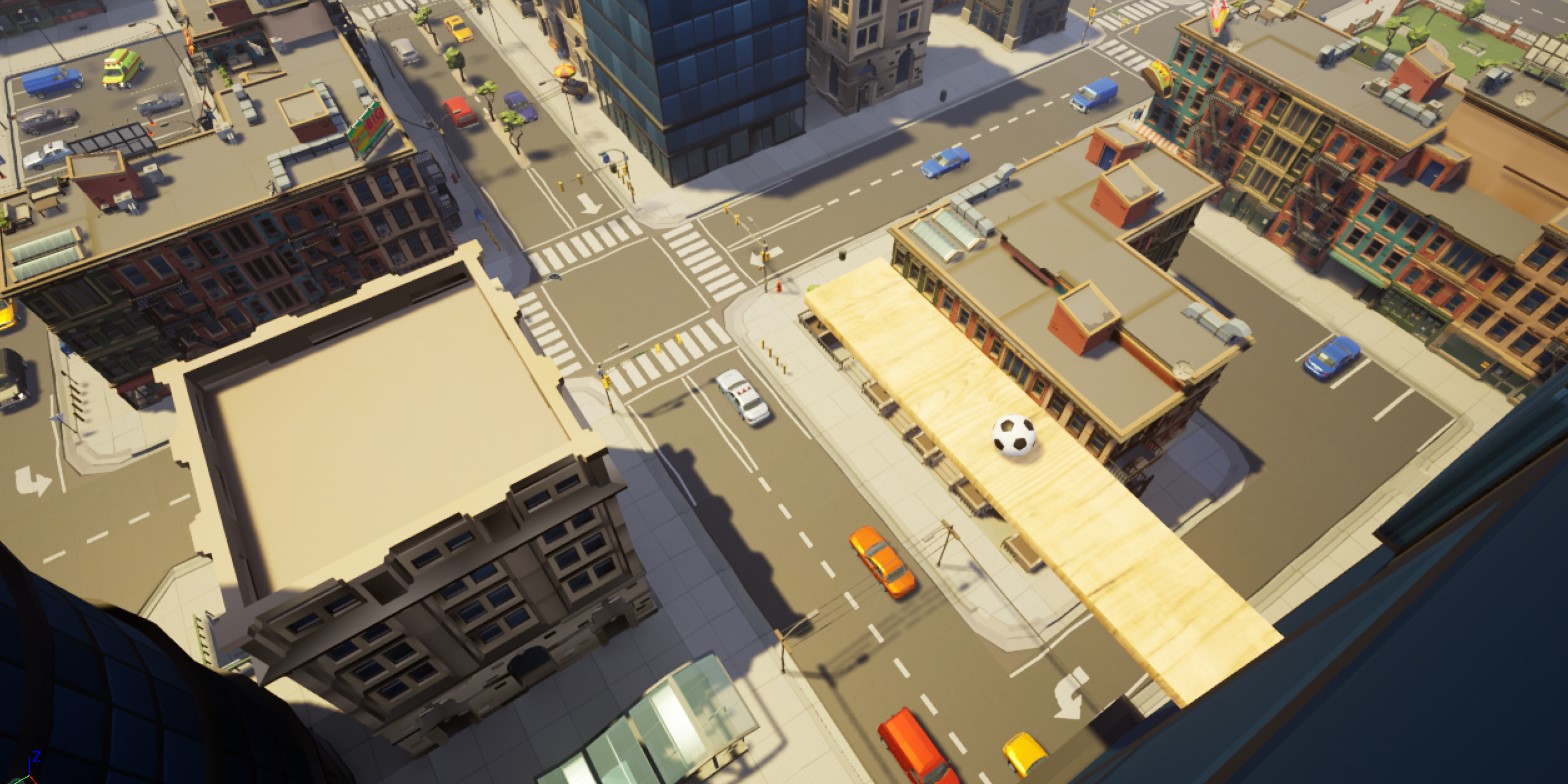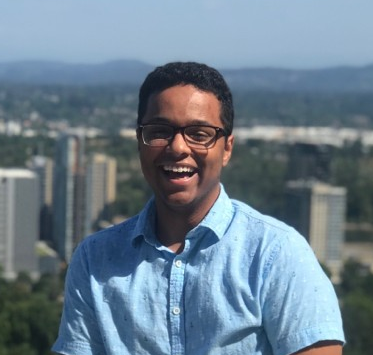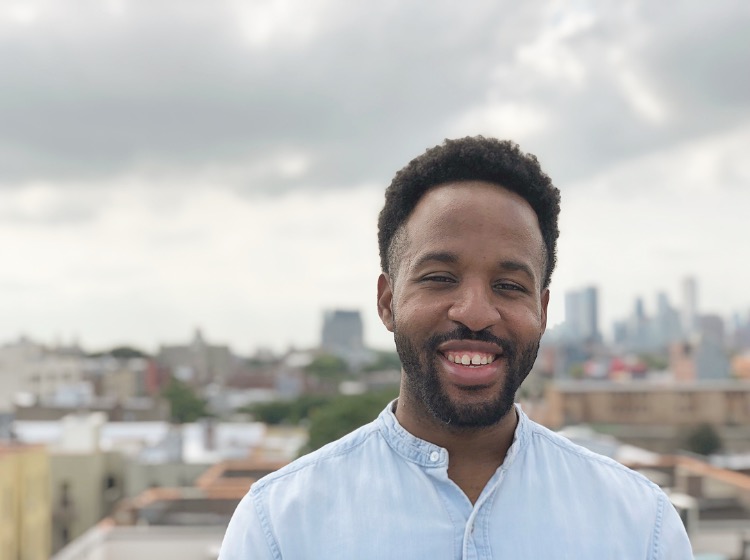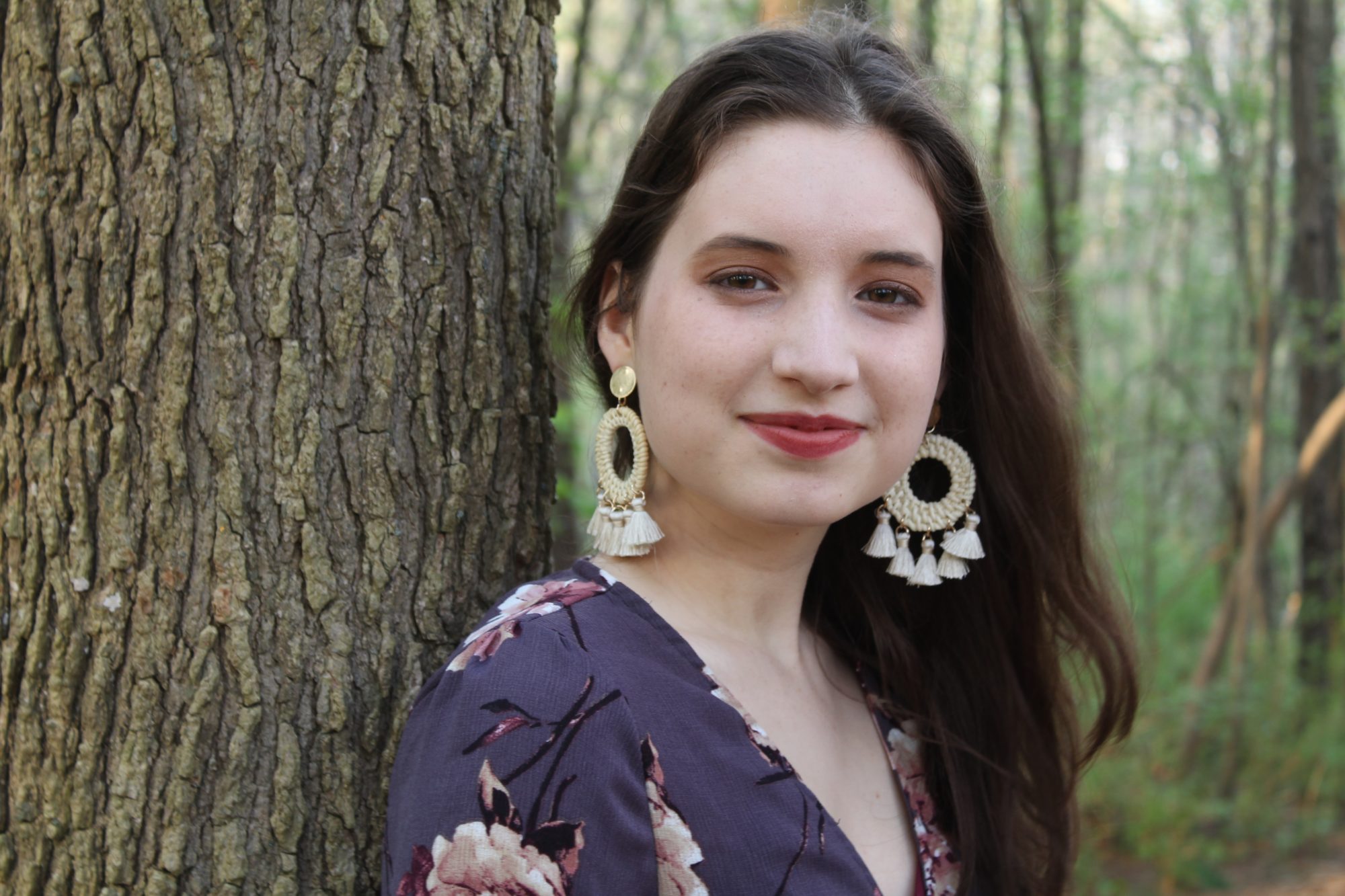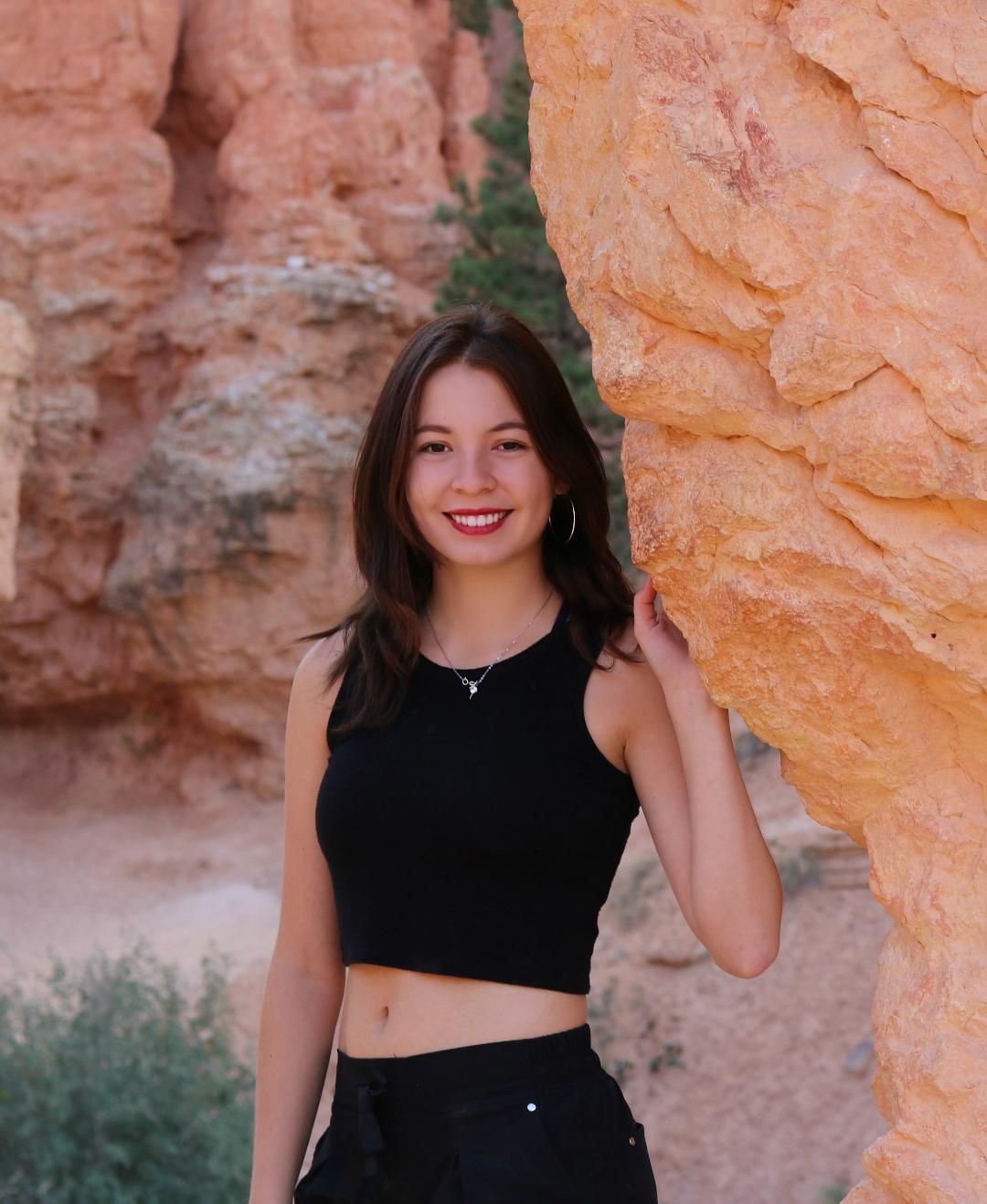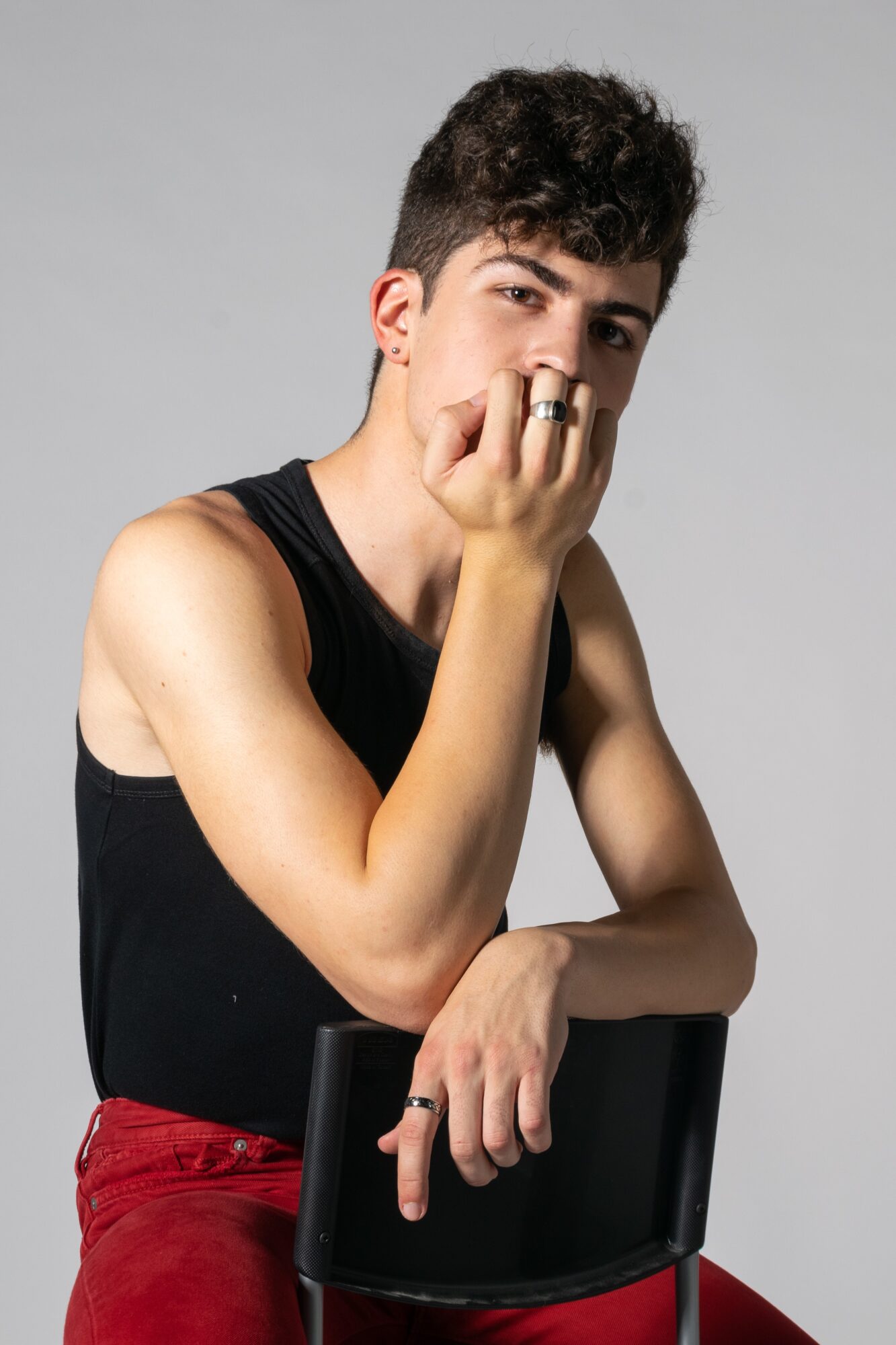
Raul leans his back against the wall of the building behind him. He kicks one foot over another, positioning a notebook on his lap and beginning to jot down ideas for his next script. As he observes each passerby that strolls past him, he can’t help but wonder what their lives are like.
Raul Hernandez Guardans, an acting major at the College of Visual and Performing Arts at Syracuse University, is the founder of Sonder Films — a film production company based in Spain.
Sonder is defined as “the realization that each random passerby is living a life as vivid and complex as your own.” To Raul, this means bringing to life the stories of typically mispresented or stereotyped individuals.
Before college, Raul realized he felt trapped in his hometown in Barcelona. He decided to drop everything to move to London with no financial assistance from his family. Through working odd jobs, his eyes opened to the fact that so many lifestyles are neglected in traditional film.
“Let’s tell the stories of those passerby’s,” he says.
Raul explains that in Spain, there is much less funding and resources for small artists, and therefore, significantly fewer independent films. As such, there is also less freedom to better portray people or lifestyles who have been stigmatized or ill-represented, such as sex workers or those with mental illnesses.
Raul appreciates all that makes people interesting, such as fashion and aesthetics, both of which allow for personal expression. He values the ability to express unique perspectives and appreciates diversity in thought.
Through directing his own films, Raul can achieve creative control over the story he is telling (as compared to acting, where he would be at the mercy of other visions).
To kickstart Sonder Films, Raul is working to produce his first 90-minute feature film: Azul de Niño. The film will tell a story of a married woman who discovers her husband is having an affair with a male prostitute and wants to meet the lover to get answers. However, her plans are interrupted when she gets a heart-stopping call from the hospital — her husband had a stroke and is lying unconscious. The wife and the lover — who fell in love with the husband — both rush to the hospital, and the remainder of the film highlights the dynamic of the two grappling with their situation as they both wait for the husband to recover in the ICU.
At the center of it all is Raul, who is helping in producing and directing the film, serving as an actor, and writing the entire script.
“I’m everything,” he says with a chuckle.
And on top of that, he is also the businessman behind the brand.
Raul has fought to raise 40,000 euros thus far from personal investors and is looking to business competition pitches — such as those led by Blackstone LaunchPad & Techstars — or crowdfunding to raise the remaining 15,000 euros he still needs.
In Spain, it is currently difficult to turn to the government or production companies for these funds, especially in light of COVID-19, which has crippled the economy and available funds for independent artists.
“Our whole team is working out of faith,” he says gratefully. He plans to reimburse the actors and collaborators of the film as soon as they have the remaining funds or turn a profit after the film’s release.
Raul speaks to the importance of such a reliable team: “You need to have a team around you that you trust enough to delegate your vision and your business.”
He adds that although he’s working across many sectors of the production, this delegation is important.
“You can’t actually take everything on,” he notes. Raul also explains that a team grows stronger when granted artistic power.
In selecting his team, Raul looks for pragmatism, common vision and flexibility.
“You need to be able to adapt because this is such a fluid process,” he says. “And you need to have spunk too.”
Raul values his own development of this “spunk.” He states that entrepreneurship is born out of self-confidence — something he didn’t always have. When he was younger, he didn’t want this kind of responsibility, but over time, he grew to understand his own artistic vision and shut off negative inner voices. It was during his time in London that he felt empowered to regain a voice.
As an artist and filmmaker, Raul derives his ideas from other art and people that inspire him. He encourages others to engage in random interactions, whether that is on the subway or just waiting in line.
“You’ll find fascinating people everywhere,” he says. It is these fascinating people and the ideas they evoke that push him to contemplate the nature of different livelihoods.
“The arts are our channel to empathy, understanding and dialogue.” He hopes that Sonder Films will help reduce the division that stems from political biases and that his film will open peoples’ eyes to experiences unlike their own.
After graduating this upcoming spring, Raul is expecting that he will complete shooting over the summer.
Throughout the process, Raul has learned to pursue his passion earnestly: “Release the stakes and pressure,” he says. “Do what you do because you love it.”
To learn more about Sonder Films or contact Raul, reach out to raul@sonderfilms.es.
Story by Sasha Temerte ’23, LaunchPad Orange Ambassador; photo supplied
